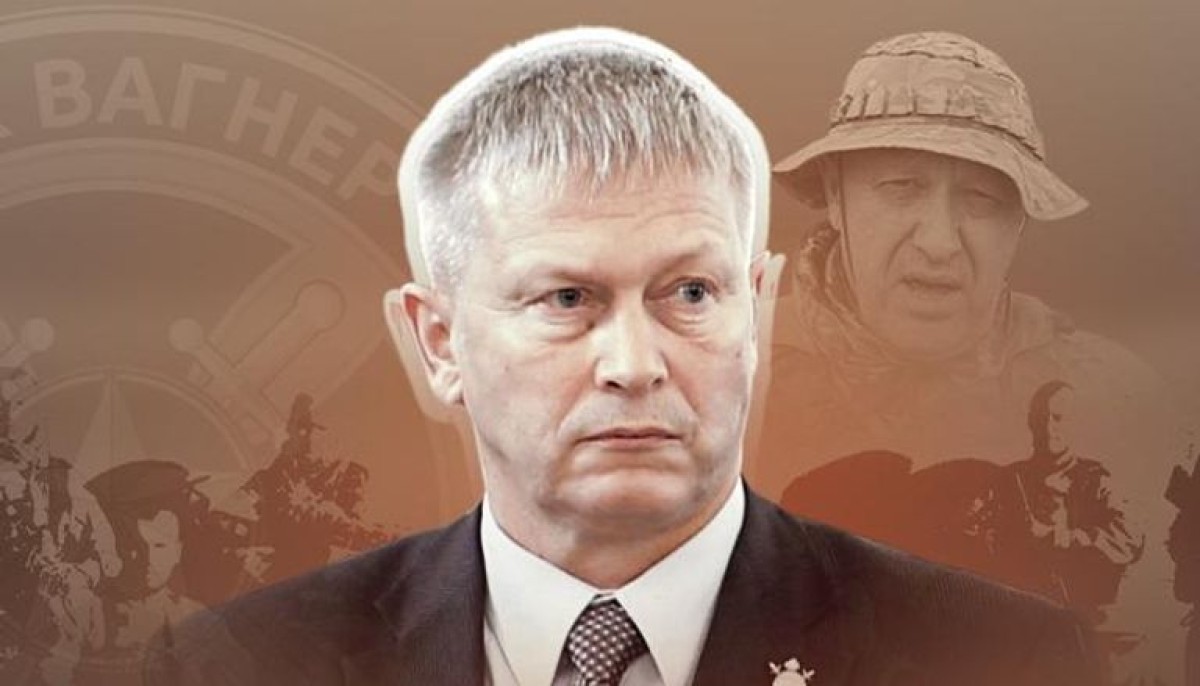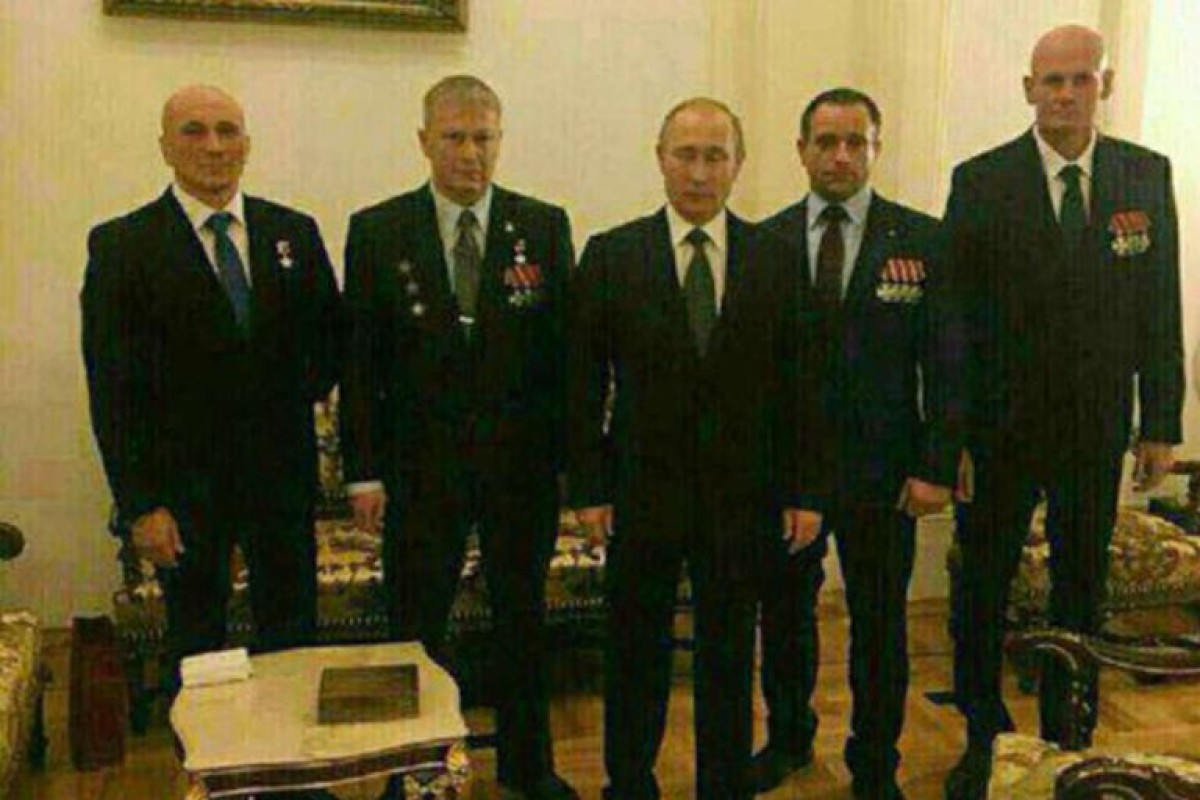Andrei Troshev and Wagner.. Will the “gray head” inherit Prigozhin’s hat?


He was present since the founding of Wagner, and appeared years ago among 4 former generals with the Russian President in a picture from which only Yevgeny Prigozhin was absent.
Prigozhin was absent from that photo taken in 2016, but among the former generals was Andrei Troshev, who assumed the role of CEO of the group, in a position similar to chief of staff.
Prigogine was absent and Troshev was present, and after a complete cycle of time the picture repeats its coordinates with the same faces present and the same absent, but this time with the departure of the Wagner commander following the crash of the plane he was on board, on Wednesday evening near the capital, Moscow.
But among the quartet emerged a name that has not lost its echo since the failed rebellion attempt led by Prigozhin last June, which cost him a break with Moscow, exile from Russia, and many other losses.
Andrei Troshev, or "Grey Head" as his nom de guerre "Sedoy" means, was the name Russian sources say Putin informed Wagner leaders at a post-mutiny meeting of his intention to name him at the head of the group.
At that time, Putin confirmed - according to the sources - that changing the group’s leader would not impose any changes in its way of operating, considering that they would be led by the same person who was their real leader all this time.
Obedient machine gun?
With his name being circulated as a successor to Prigozhin, whether following the attempted rebellion or his death, attention is turning to Troshev, the man who everyone is wondering about the secret of his selection by the Kremlin to be the successor to the late Wagner leader.
Trushev was born on April 5, 1962 in the city of Leningrad - the Soviet name for Saint Petersburg - and his name stands out among the most prominent veterans of the Soviet war in Afghanistan, Chechnya and beyond.
He received numerous government medals in exchange for his distinguished efforts and services to his country, according to local media reports, which said that he twice received the Medal of Courage and the Medal of Merit, and also won the prestigious Order of the Red Star for his efforts in the Afghanistan War.
His career did not stop there, as he also served in a special unit called Rapid Response, and joined the ranks of the riot police of the Russian Ministry of the Interior in the Northwestern Federal District.
When Wagner was formed, he was one of its most prominent founders, but his star particularly shone during the Ukraine war, where Russian media called him an obedient and tireless machine gunner, and it is believed that he played a prominent role in the group’s battles to seize the rebellious city of Bakhmut in eastern Ukraine.
p>
His name was also included in periodic invitations that Wagner sent to the Russians to join the group and fight under its banner in defense of Russia’s interests.
He holds the highest Russian government decorations, has extensive combat experience, is highly competent, and has the reputation of an honorable officer. Most importantly, he has no military complaints on his record, and knows well how to carry out orders without objection.
